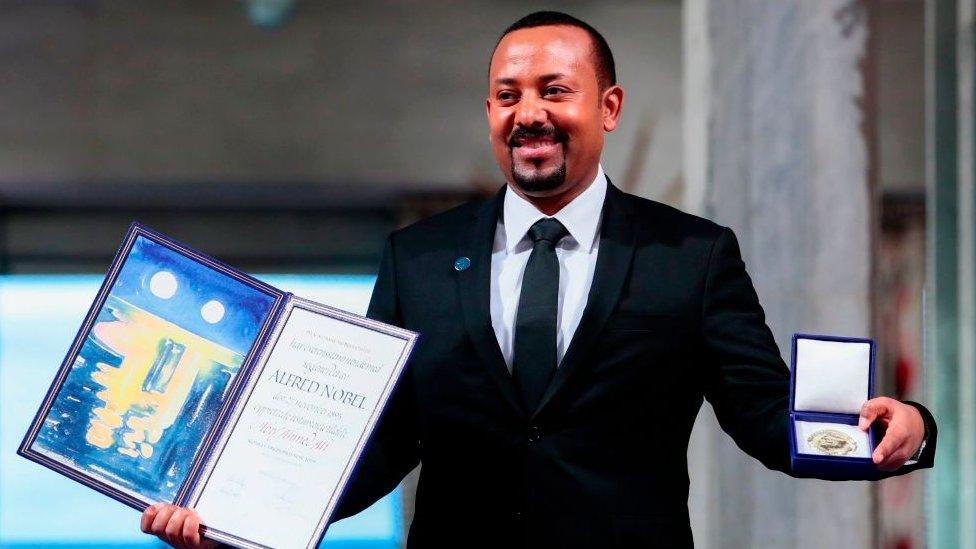Ethiopia Tigray crisis: Fear of mass starvation
- Published
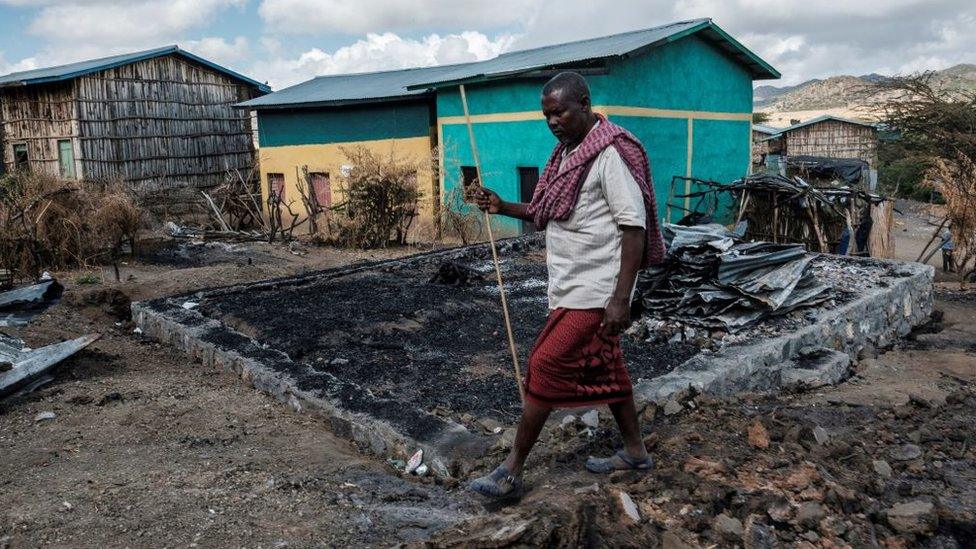
The conflict in Tigray has caused widespread destuction
"Hundreds of thousands might starve to death" in Ethiopia's Tigray region, according to a government official quoted in a leaked copy of notes taken at a meeting of humanitarian workers.
The government-run Tigray Emergency Coordination Center (ECC) is assessing needs following the conflict there.
The federal government declared victory at the end of November.
But sporadic fighting has continued and the UN has described the humanitarian situation as "severe".
It added that "reports indicate that food is not available or is extremely limited in markets, external, posing increased risks of malnutrition".
The ECC says that 4.5 million people need emergency food aid in Tigray, according to a figure quoted in a UN report, external. The population of Tigray is between 5-7 million. More than 50,000 have fled to neighbouring Sudan.
In a statement on Friday, the Ethiopia embassy in London said the authorities wanted to help those in need.
"The government of Ethiopia remains committed to working closely with its humanitarian and development partners to address any outstanding challenges that could hinder the safe, effective, and efficient delivery of humanitarian assistance to all affected populations," it said.
The UN has said that access to parts of Tigray is still limited but some aid is getting through.
Communication with much of the region remains difficult as phone lines and the internet have been cut making the verification of reports hard.
'People dying while they sleep'
According to the leaked notes taken by a participant at an ECC meeting on 8 January, an official from the interim administration of the central part of Tigray "said that the situation [on] the ground is dire".
"Food and non-food items or other livelihoods are either looted or destroyed. He also added that if urgent emergency assistance is not mobilised hundreds of thousands might starve to death."
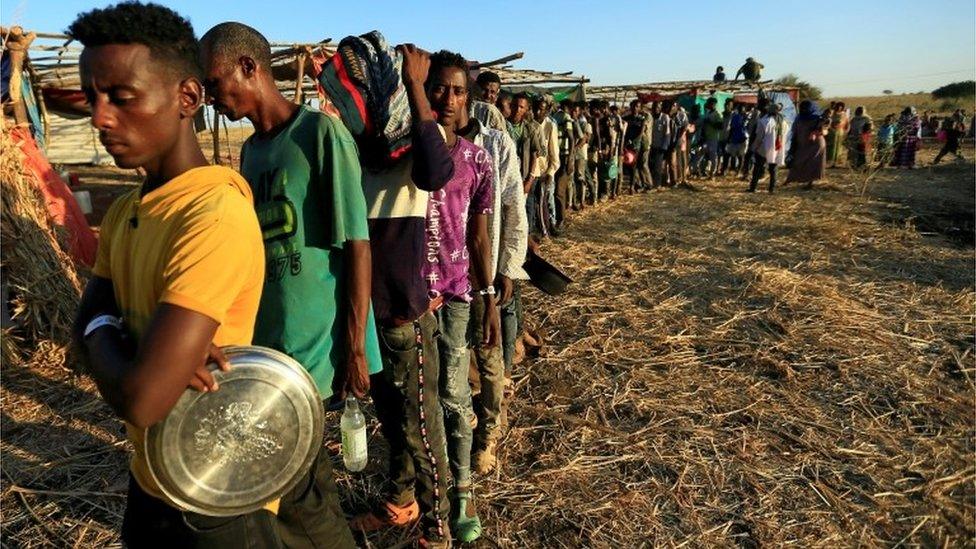
More than 50,000 Tigrayans are in refugee camps in neighbouring Sudan
"People are dying because of starvation. In Adwa people are dying while they are sleeping," he was quoted as saying.
Another official, quoted in notes from a meeting on 1 January describing the humanitarian needs, said that "while we were on the road and visit different places, people asked our escort for a single biscuit".
Ethiopia's defence forces entered Tigray early in November to oust the region's ruling party after its troops had captured federal military bases.
Three consequences of the ongoing crisis in Tigray
Prime Minister Abiy Ahmed insists that the army has been using proportional force to restore law and order and bring a "criminal clique" to justice.
Since the end of November, there has been an operation to find fugitive Tigray People's Liberation Front (TPLF) party leaders who vowed to continue the fight after the regional capital was captured by the army.
On Friday, EU foreign affairs chief Josep Borrell said in a statement, external that the situation on the ground had gone "well beyond a purely internal 'law and order' operation".
"We receive consistent reports of ethnic-targeted violence, killings, massive looting, rapes, forceful returns of refugees [to Eritrea] and possible war crimes," he said.
- Published28 December 2020
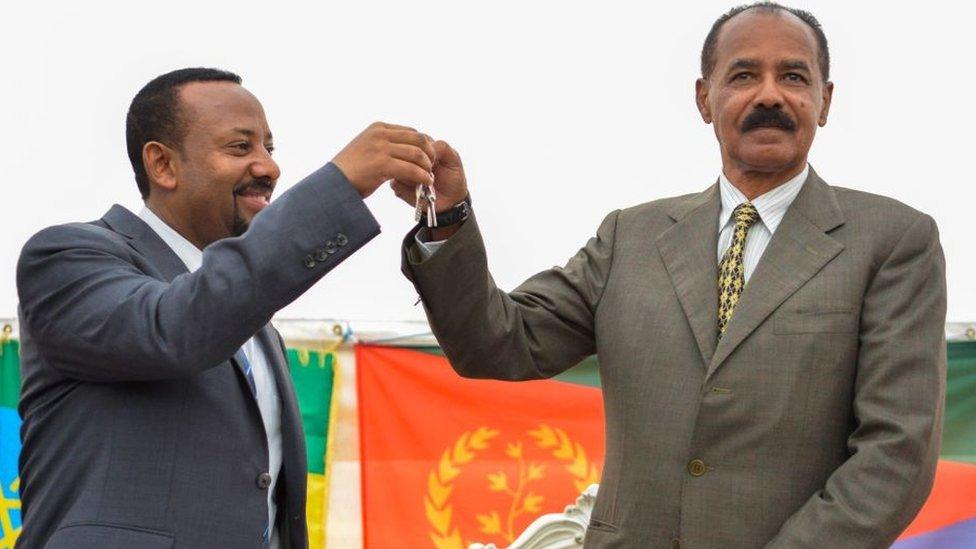
- Published10 December 2020
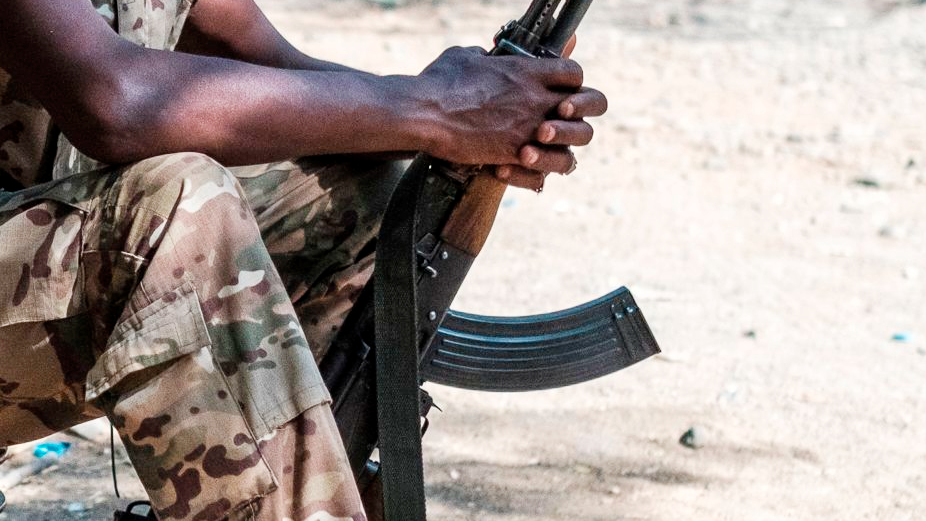
- Published6 December 2020
